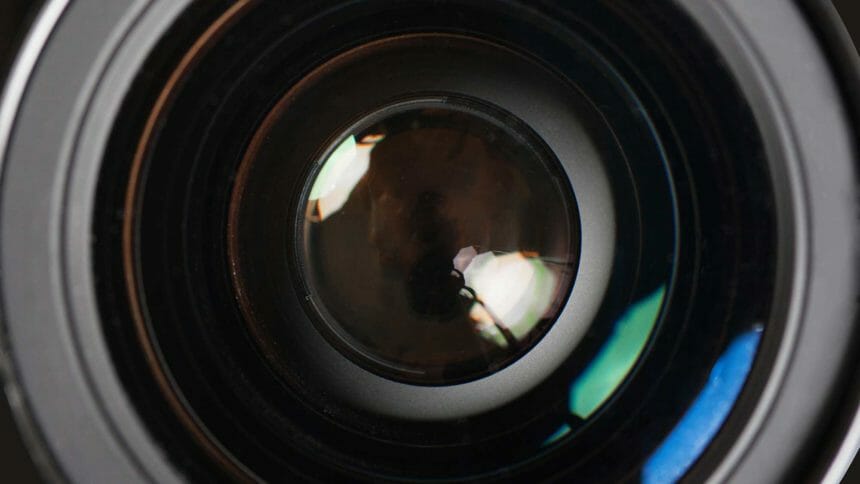
A bill before the California Legislature would allow senior living residents to use electronic monitoring devices in their rooms or in certain areas of residential care facilities, including assisted living communities.
Under Assembly Bill 1300, the Electronic Monitoring in Residential Care Facilities Act, residents would need the consent of roommates to install a device in their rooms and would be required to post a sign at the entrance to their room about the equipment. Residents, or their representatives, would be responsible for buying, installing and maintaining the equipment, as well as archiving data and paying for digital application subscriptions and removal costs.
Facilities would need to post signage providing notice of electronic monitoring, archive the digital data for one year, and provide access to the data within 24 hours by the state Department of Social Services. Facilities could not charge a fee for use of the equipment or access the digital data without written consent or a court order.
The act would make it a misdemeanor to “knowingly hamper, obstruct, tamper with or destroy” a personal electronic monitoring device or recordings. Such actions would rise to a felony if those actions were taken in an attempt to conceal a crime.
Last fall, the Georgia General Assembly blocked a bill allowing residents of assisted living communities and personal care homes to install electronic monitoring equipment in their rooms.
Louisiana, Minnesota, North Dakota, Missouri, Oklahoma, South Dakota, Texas and Utah have laws mandating that assisted living communities accommodate resident requests to install electronic monitoring equipment in their rooms. New Jersey also has a “Safe Care Cam” program that loans micro-surveillance equipment to healthcare consumers, including families of assisted living and nursing homes residents.
At least fives states — Illinois, Louisiana, New Mexico, Texas and Washington — have “granny cam” laws that apply to nursing homes.




